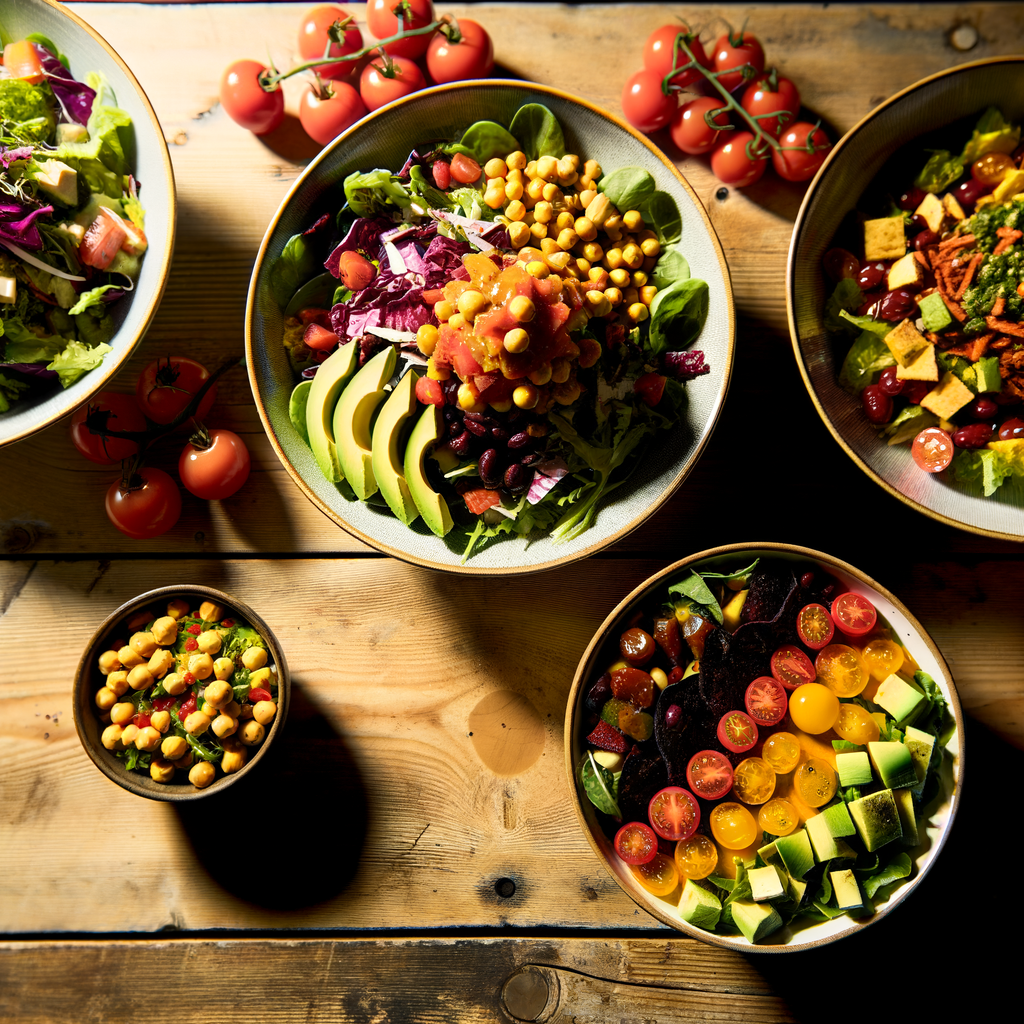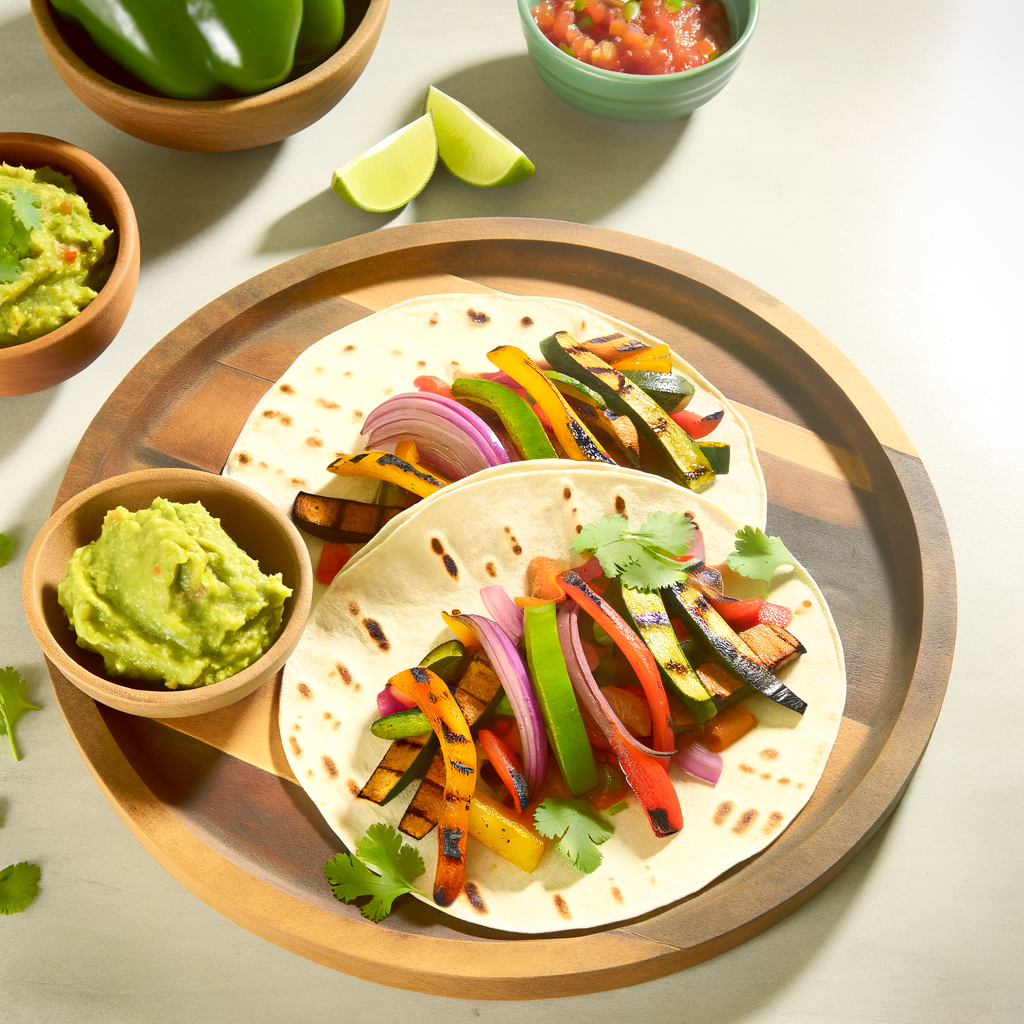Olympians Voice Concerns Over Meat Dishes Shortage Amid Increasing Vegan Options
As dietary trends evolve, the focus on vegan and plant-based alternatives grows stronger, even in the prestigious world of the Olympics. Recently, a shift towards more vegan options in athlete dining areas has sparked concerns among Olympians regarding the availability of meat dishes.
The Growing Trend of Vegan Diets in Athletics
Veganism is no longer seen as a niche dietary choice; it is becoming a mainstream lifestyle, especially among athletes who seek to optimize their health and performance. Plant-based diets are associated with numerous benefits, including improved recovery times, enhanced cardiovascular health, and reduced inflammation.
Reasons Athletes Embrace Veganism
- Improved recovery times and reduced inflammation
- Enhanced cardiovascular health
- Lower environmental impact
- Ethical considerations related to animal welfare
Despite these advantages, not all athletes are on board with a fully plant-based diet. The recent Olympic games have highlighted this divide, with complaints emerging about the shortage of meat dishes in the athletes’ village.
The Meat Shortage Issue
While some athletes thrive on vegan meals, others rely on meat to meet their nutritional needs and maintain optimal performance. The limited availability of meat dishes has reportedly caused concern and dissatisfaction among those who count on such foods for protein and other essential nutrients.
The Importance of Balanced Nutrition
For many athletes, a balanced diet that includes a mix of plant-based and meat-based proteins is crucial. Meat provides high-quality, complete proteins packed with all essential amino acids, which are critical for muscle repair and growth. Certain vitamins and minerals, such as iron and B12, are also more readily available in meat sources.
Athletes experiencing the meat dish shortages raised several issues, including:
- Struggling to meet daily protein requirements
- Finding it challenging to get adequate amounts of iron and B12
- Disrupted meal planning and dietary schedules
Balancing Vegan and Meat Options
The challenge now is to strike a balance that satisfies both vegan athletes and those who prefer meat in their diet. Providing diverse options that cater to different dietary preferences and nutritional needs is essential.
Potential Solutions for Dining Hubs
- Creating separate stations for vegan and meat-based dishes
- Ensuring a consistent supply of high-quality meat options
- Offering nutritional counseling to help athletes plan meals effectively
By addressing these issues, Olympic dining facilities can support the performance and well-being of all athletes, regardless of their dietary preferences.
Looking Towards the Future
The increasing adoption of vegan diets among athletes represents a significant shift in the world of sports nutrition. However, it is essential to recognize that a one-size-fits-all approach doesn’t work for everyone. Catering to a diverse group of elite athletes requires flexibility and accommodation of varying dietary needs.
Investing in Research and Development
To continue improving meal options, investing in research on the nutritional requirements of both vegan and meat-eating athletes is crucial. This research will help develop comprehensive meal plans that ensure all athletes receive the nutrients they need.
- Developing customized meal plans based on individual needs
- Conducting studies on the performance impacts of various diets
- Implementing feedback mechanisms to address athlete concerns
Through such efforts, future Olympic events can better accommodate a wide range of dietary preferences, ensuring optimal health and performance for all athletes.
Conclusion
The debate over vegan vs. meat-based diets in the Olympic village highlights broader discussions around sports nutrition and dietary trends. While the focus on vegan options marks a positive step towards sustainability and ethical eating, it is essential to maintain a balance that meets the diverse nutritional needs of all athletes. By implementing targeted strategies and ongoing research, future sporting events can provide inclusive and effective dining options that cater to every athlete’s dietary requirements.











